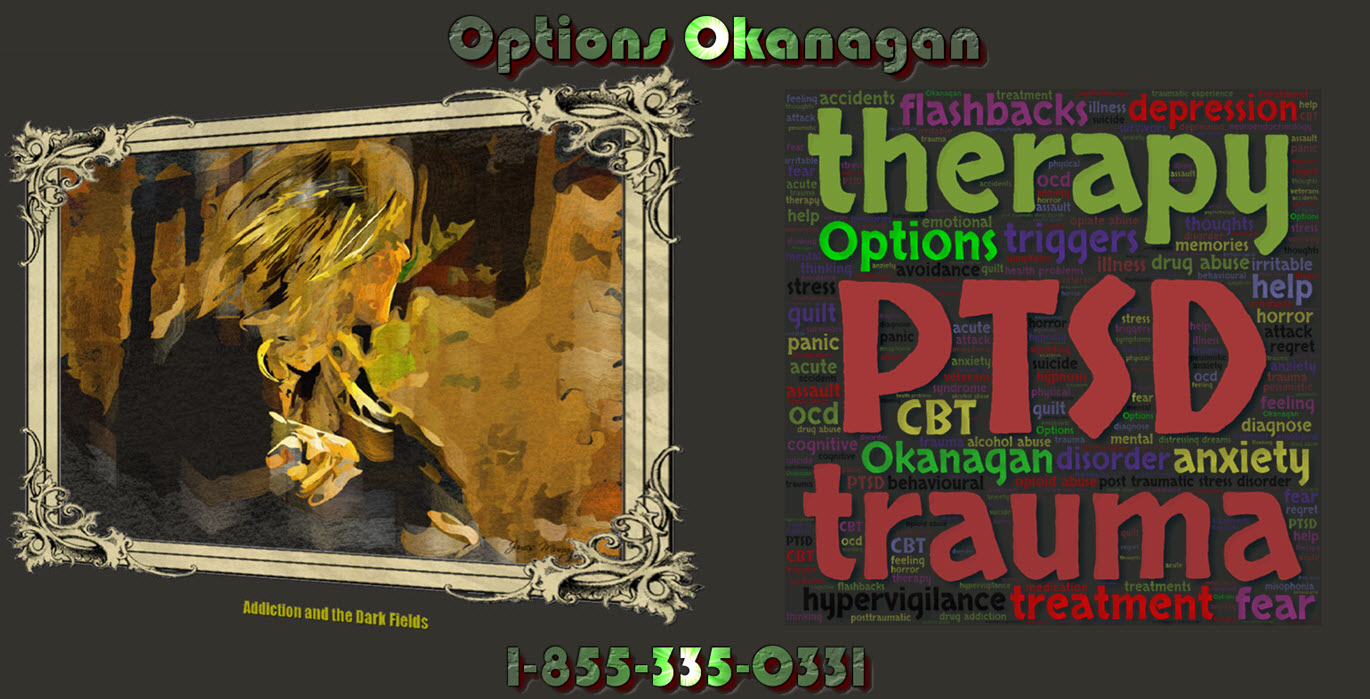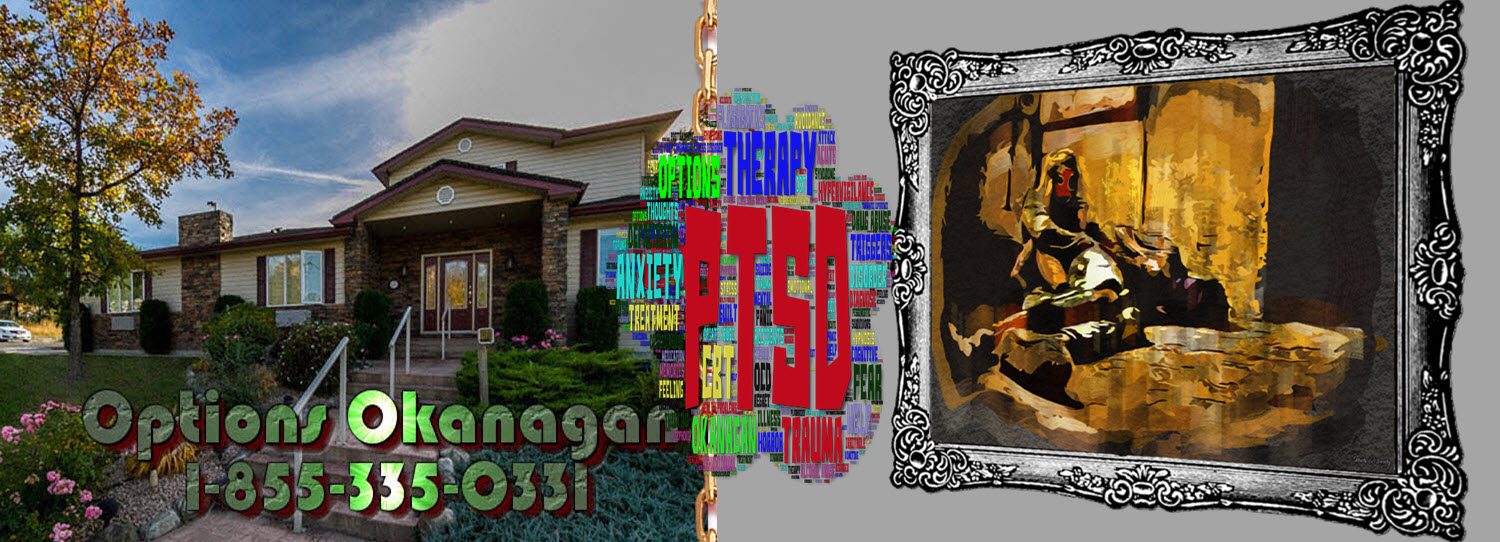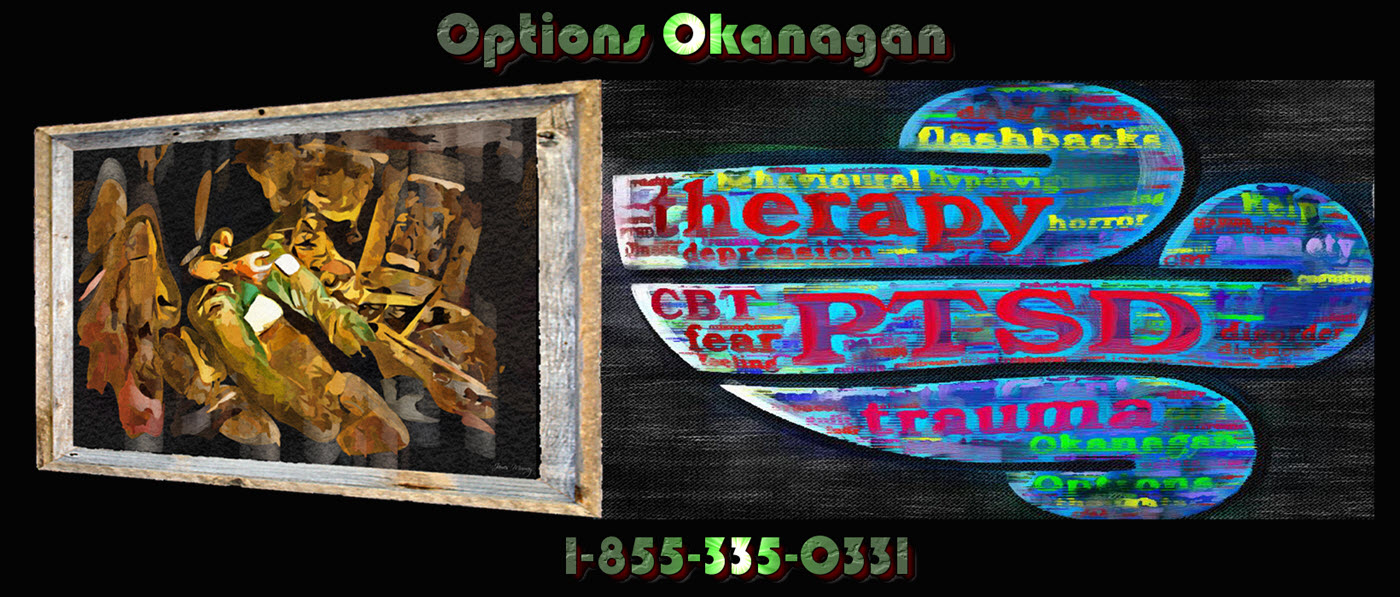Dealing with OCD in the home – Mental health disorders – Drug rehab programs in Alberta and British Columbia – Options Treatment Center in Kelowna, British Columbia treating drug, opiate, fentanyl, heroin, and alcohol addiction and recovery.
Drug Rehabs In Alberta And BC
OCD (Obsessive-Compulsive Disorder) an anxiety disorder that affects millions across the world. People that suffer from OCD may feel as though they need to complete rituals, known as compulsions. In many cases, people with this condition struggle to interact with others.
Mental Health Disorder Programs In Alberta & BC
However, it’s important to remember that this condition doesn’t need to keep people trapped inside their house. Not leaving your home can actually cause your condition to worsen. Instead, those with OCD should take steps to minimize the impact that this anxiety disorder has on their day-to-day lives. Following these steps can allow people to work their way through challenges, overcome obsessive and compulsive behavior, and improve their overall quality of life.
Understand Your Condition
Above all else, you must work to understand what your obsessions are. OCD can manifest in different ways. Some people are anxious about avoiding germs, while others may be concerned that they will cause others harm. It’s also important to determine what sort of compulsions you have. Compulsions are rituals you perform that are related to your obsessions. As an example, if you obsess over germ avoidance, you could compulsively take showers or wash your hands.
If you’re not sure what your obsessions and compulsions are, you may want to start logging obsessive and ritualistic behaviors. If you track these behaviors, you’ll begin to see trends. Paying attention to those trends can help you to make positive changes. In fact, being aware of your obsessions and compulsions may help you to see an improvement in your condition.
Trick Your Brain
Many people that suffer from OCD find that their condition controls their lives, particularly when they’re stuck at home. There are numerous distractions in public, which can make it harder to focus on obsessions. At home, you may have fewer distractions. While in public, embarrassment may also keep you from engaging in compulsive behavior. This demonstrates that you still have some control over your condition. You just struggle to maintain that sense of control while you’re in your own home.
You may find that it’s easier to maintain control if you invite friends over frequently. This can provide the same distractions and social pressure that you experience out in public. Eventually, your brain will be re-wired, and you’ll start to see your home in the same way you do public spaces. Regular social interactions can also be beneficial to your mental health.
Buy A Stopwatch
If you’re obsessing over a topic, start running the time. Once you have control over your thoughts again, you should stop the time. Track your times so that you can see how much time you devote to your obsessing each day. Seeing the amount of time you’ve been wasting can be highly motivating. You’ll want to spend less time obsessing so that you can spend more time on other aspects of your life. You can also use your stopwatch to track your progress.
You’re not the only person that’s impacted by your OCD. It can affect the people around you as well. Thankfully, these suggestions will allow you to improve your condition and get more out of life.
Options Okanagan Opiate and Alcohol Treatment Centers in Kelowna, Salmon Arm and Vancouver, British Columbia – Men and Women are recovering and healing from Alcohol and Drug Abuse at our treatment center here in the Okanagan right now.
Our unique and distinctive Opiate Drug and Alcohol treatment program allows men and women to come in from Calgary as well as Edmonton as we offer airport pickup.
Numerous clients come to us from Vancouver, Calgary, and Edmonton and other locations in Alberta and even other provinces for Opiate addiction treatment, heroin drug treatment, many other drugs, and alcohol addictions for rehabilitation because of the uniqueness of our treatment center.
Our (Kelowna) Alcohol and Drug Treatment Program Location:
(Not Mailing Address) – Contact Us – Web Page
For Mail Delivery :: Please contact each center for correct mailing addresses, also this location is the location of our residential treatment programs in Kelowna. Please call Toll Free 1-855-335-0331 – to contact the treatment center you are going to for the address and directions.
Options Okanagan Drug and Opiate Treatment Center
551 Sherrydale Crescent, Kelowna, British Columbia, V1V 2E6
Toll-Free Phone Number: 1-855-335-0331




